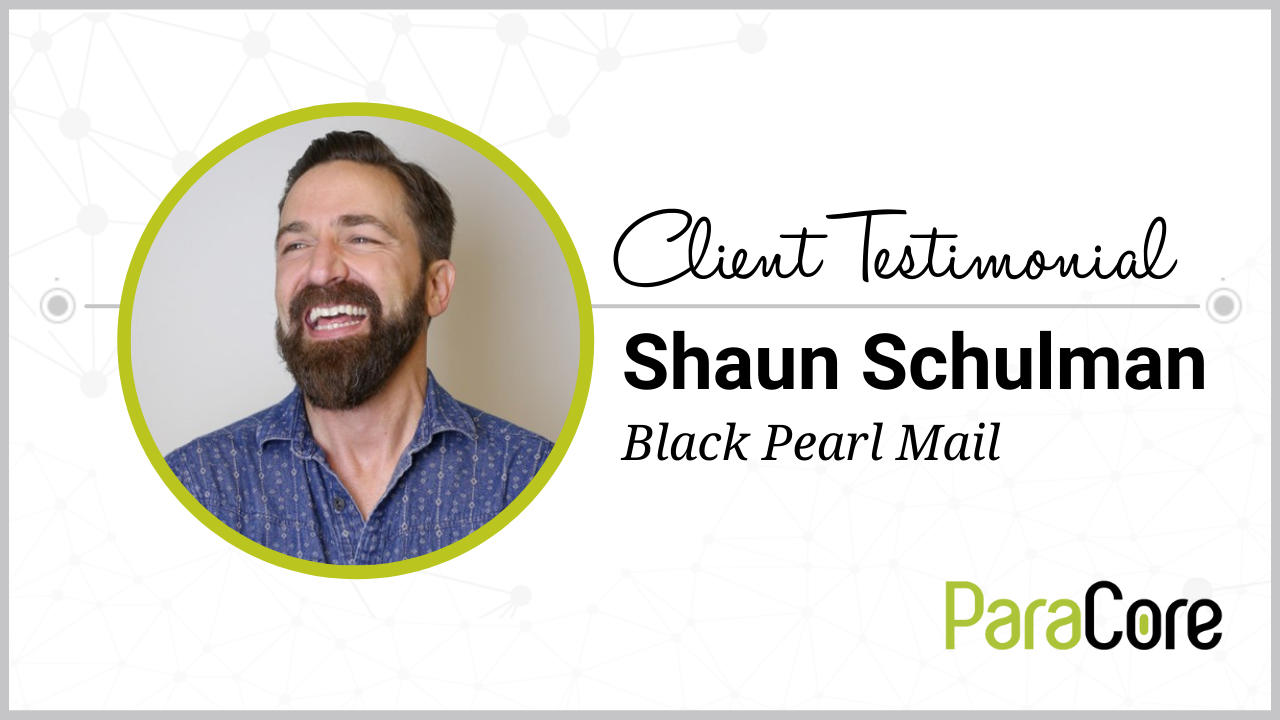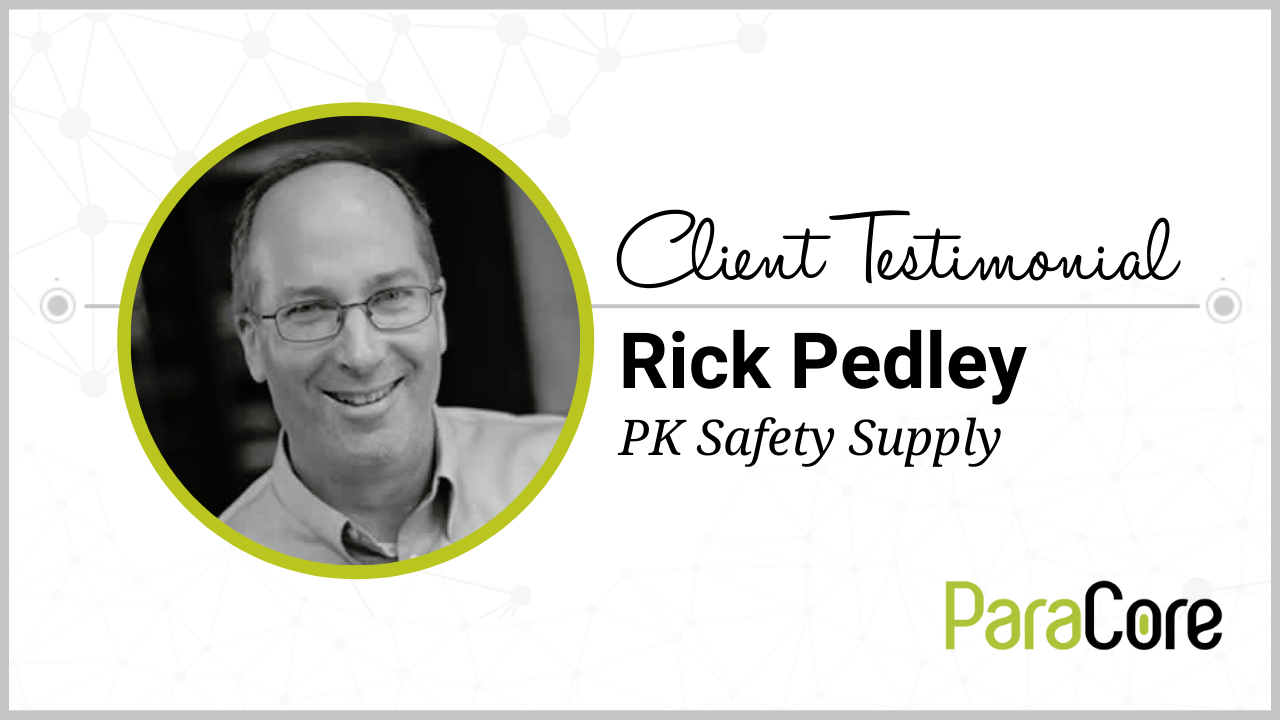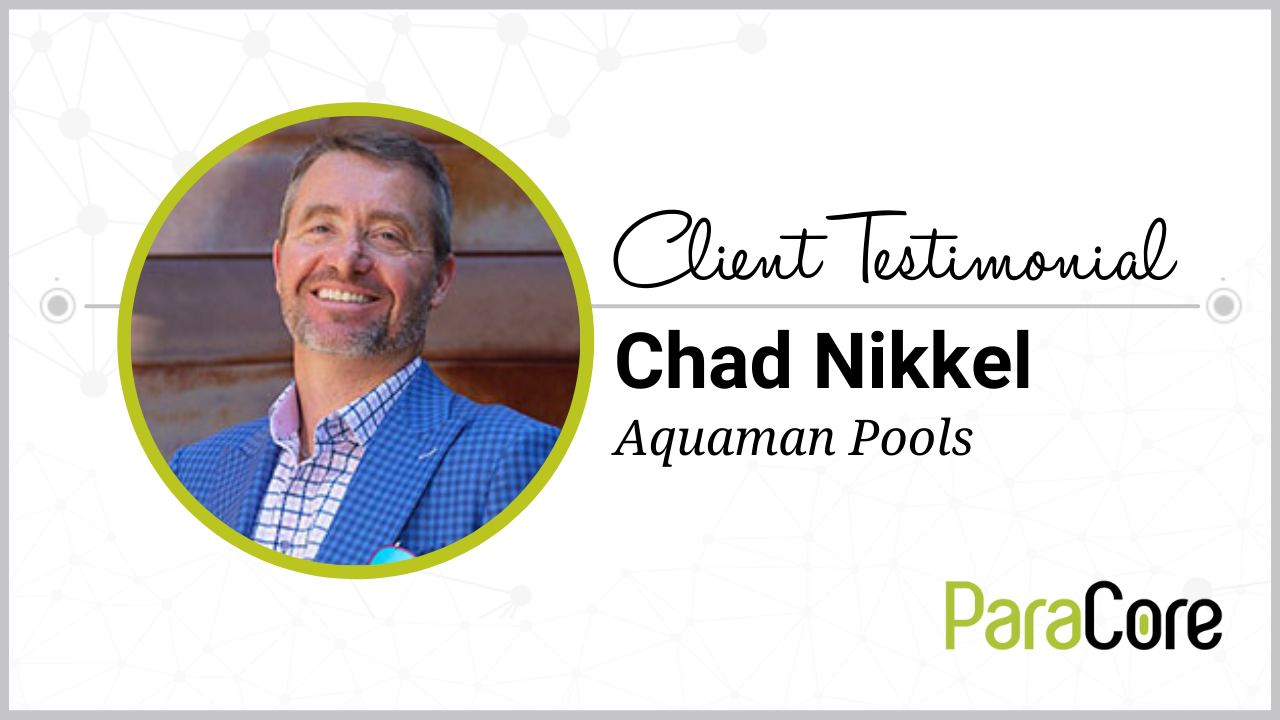Being in a new relationship is such a thrill, isn’t it?
Every day offers the opportunity to learn something new and discover a little bit more about what makes that person tick. Aaaaaah, the honeymoon stage!
 Then, as time goes on, those discoveries turn into a deeper bond that defines a lasting relationship — similar to the process you go through with your PPC agency.
Then, as time goes on, those discoveries turn into a deeper bond that defines a lasting relationship — similar to the process you go through with your PPC agency.
First, you share what you’re looking for in a relationship and any negative experiences you’ve had with your “exes.” Using that information, you and the agency begin to test campaigns and feel out what works and what doesn’t. Then, at some point you hit your groove and the relationship really blossoms, resulting in efficient, effective campaigns.
And just like dating, the challenge for pay-per-click agencies and clients is knowing how long it will take to move beyond the honeymoon phase and see real, meaningful results.
What do we mean by “results”?
Many clients misconstrue receiving lots of impressions or clicks as the best measure of PPC campaign success. While generating awareness and traffic are certainly good things, a PPC agency’s primary goal is to gather enough data to make smart, informed decisions and drive conversions.
With that data in hand, the agency can fine-tune your campaigns and deliver real results. After all, a meaningful relationship isn’t measured by how many dates you go on, it’s the depth and growth of your connection—and that takes time.
How to build a relationship that lasts

Months 1-2: Getting to know each other
The first steps in a relationship are always a bit awkward. You get to know each other, lay the groundwork, and see how things might progress.
The same is true for pay-per-click advertising.
For example, at ParaCore, the first 90 days of any new engagement are all about completing a baseline assessment. This process sets a sturdy foundation for building out a successful campaign.
Month One: We start with setup, cleaning up existing campaigns (cutting out the baggage), and getting the right level of activity. Early in the relationship, Google and Facebook don’t know you yet. These platforms can’t draw on their past experience with you, such as historical click-through-rates (CTRs), to judge the relevance and quality of your campaigns.
In order to see substantial results, you’ll need volume that can’t be generated overnight. This is where patience starts to come into play. We’re still working on things behind the scenes, but it’s a somewhat slow burn—and the wait will be worth it.
Month Two: In the second month, we’re focused on refining your campaigns and working out the kinks. What worked? What didn’t work? What keywords should we be pursuing? What keywords should we be pausing?
Think of it like trying out different conversation topics or activities on a date. The key is to give these changes a chance before dismissing them.
For example, each update to a Facebook campaign resets their ad serving algorithm, requiring time to build the data back up. While making adjustments is a vital part of any successful PPC campaign (and relationship), too much too often will actually slow you down and cause more confusion.
Months 3-4: The honeymoon
The third month is really your first full month of a campaign. It’s also when you’ll begin to see reasonably solid results. At this point, we’ll have moved past the initial hump and have enough data to start drawing real conclusions—which means it’s time for “the talk.”
 With a few months of data under our belt, this is the point when we’ll schedule a formal meeting to discuss how we’re progressing towards the goals set in our initial conversations with you.
With a few months of data under our belt, this is the point when we’ll schedule a formal meeting to discuss how we’re progressing towards the goals set in our initial conversations with you.
It’s also a great opportunity for you to provide open, honest feedback, as well as hear our take on potential areas for improvement. This conversation is a crucial part of relationship building, and one that help us find our groove as partners.
Months 5+: True connection
Once your campaign has had time to get established, you should start seeing real results that directly relate to your goals. No two PPC campaigns are the exact same, so it’s tough to say the exact time you’ll start seeing those results. However, we’ve found that within 6-9 months, you should have enough data to know whether your strategy is working or not in the long run.
This timeline may be shorter if your budget is larger. More budget equals more activity, more data to work with, faster optimization, and faster results. At a minimum, our team recommends investing enough budget to attract 10 clicks per day. That budget won’t deliver tons of data, but it’s enough to work from. Now imagine if your budget was 5 or 10 times larger. With that level of investment, you’d be able to gather data 5-10 times faster and hit your goals sooner.
Sticking it out through the ups and downs
 If your campaign is struggling in the first three to six months, don’t panic. Like any relationship, there’s going to be highs and lows in the getting-to-know-you period. In fact, if you’re working with a new PPC company, we suggest giving them a nine-month relationship window: 90 days to establish a baseline and six months of working together to optimize the campaigns.
If your campaign is struggling in the first three to six months, don’t panic. Like any relationship, there’s going to be highs and lows in the getting-to-know-you period. In fact, if you’re working with a new PPC company, we suggest giving them a nine-month relationship window: 90 days to establish a baseline and six months of working together to optimize the campaigns.
During those nine months and beyond, your PPC campaigns will always be a work in progress, with the need for constant communication and honest feedback from both sides. Good things come to those who wait, so the more patience you have with your PPC partner, the more likely you are to have successful campaigns — and a solid relationship.
Flirting with the idea of a working with an agency?
Call us hopeless romantics, but we believe there’s a special someone out there for everyone. Could we be PPC soulmates? Get in touch with our team to schedule a “first date”: a free consultation!
Related Posts
- What Is The Difference Between PPC and SEM?
- PC Audit Handbook: How to Analyze Your PPC Campaigns
- The Best PPC Tools of 2022, As Told by PPC Experts
- Beginner’s Guide to UTM Tags & Tracking
- Generate Leads with Facebook Lead Ads
- Cost-per-click vs. cost-per-acquisition: Are you tracking the right PPC metrics?
- How Does Pay Per Click Work?
- Benefits of PPC
- Why Should I Invest in PPC?
- What is Google PPC Advertising?
- Facebook Retargeting Strategy
- Introduction to ManyChat
- Case Study: Return on Ad Spend Optimization
- 🎁🎄 Holiday Ad Spend Strategy
- Should You Be Running Branded Ads?
- SEO vs SEM
- CTAs for YouTube Ads
- Case Study: 258% Increase in Conversions
- Traffic Campaign Strategy
- No Captions on Facebook Ads or YouTube? You’re Killing Performance
- LinkedIn InMail Website Re-targeting




